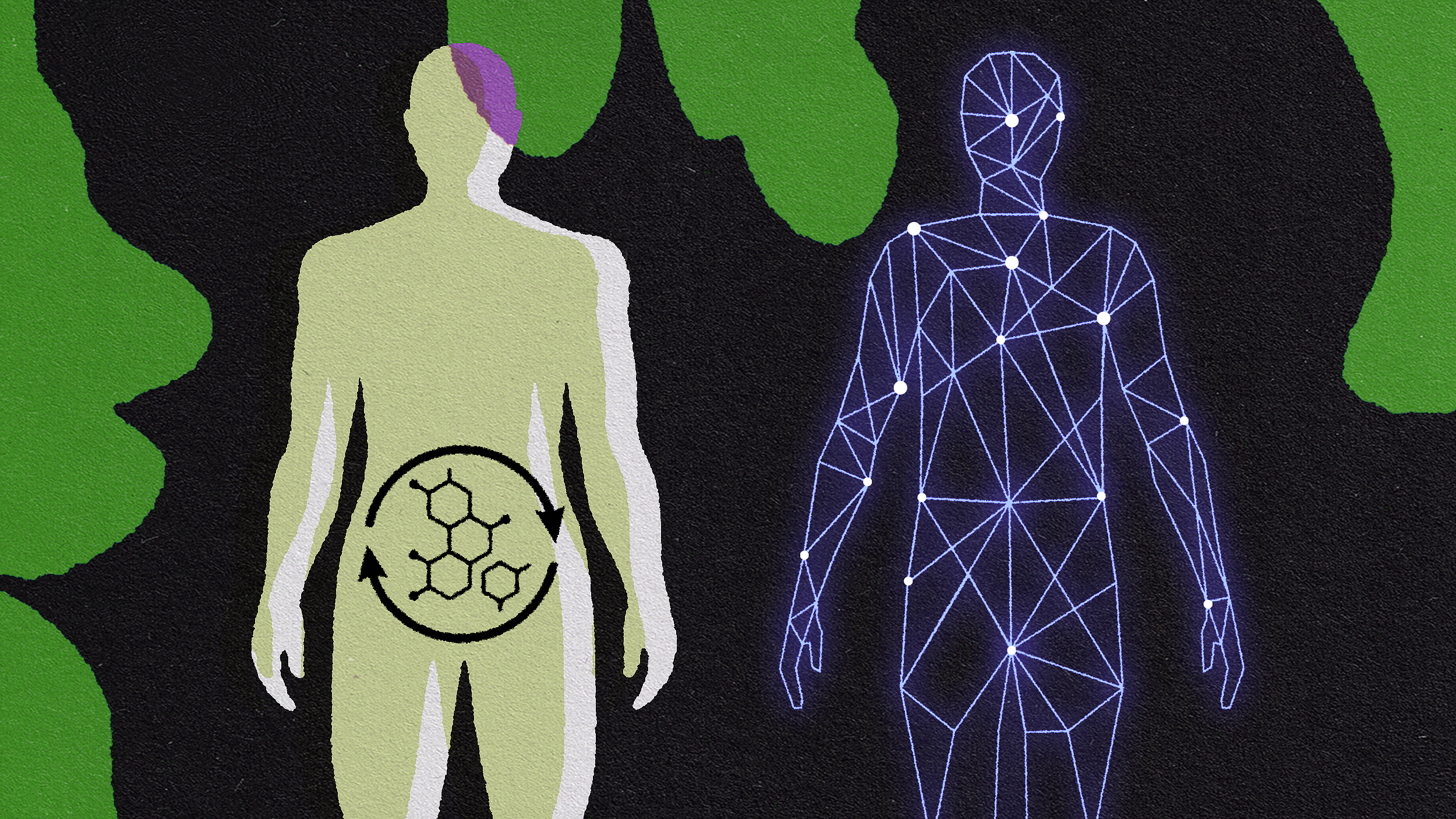This video is part of Z 17 Collective’s Future of Learning series, which asks education thought leaders what learning can and should look like in the midst and wake of the coronavirus pandemic.
GEORGE COUROS: Schools are doing emergency remote teaching and that's what I've been calling it because this is not virtual learning. This is not remote learning. It's something totally different through this time and really the connection that we actually have towards students is more valuable in the work that we're doing right now because many of them are going through things that we couldn't even understand in their homes. There are so many barriers that we have with families and what we're doing. So how we actually center the work in relationships is really crucial that students actually want to join us in this type of learning where they actually have options right now. It's pretty easy for a student to say oh, my Wi-Fi didn't work or I didn't have access to a device and actually check in or check out of class. Right now if they have that connection to the person, and some of those things actually might be true. They might actually have those barriers in reality. But if you actually build that relationship where not only do the students feel valued, but that their contributions are valued to the time of the work they're actually doing that's really what's going to bring students to these spaces. This is the focus on relationships and the work that we actually do in education is really important on a face-to-face setting and it's really important in this emergency remote teaching setting. It's way harder to do, but it doesn't make it any less valuable.
Even in a webinar format, just actually Bill Ferriter, a gentleman from North Carolina, talked about how every single student that enters the virtual room he greets them, makes some personal comment so that they feel welcome right away. Those little things and in the work that we do with education that's really centering it on how we build those relationships is going to actually really get more out of the work that we're doing in education as it would for any place of business. I think that if I feel valued in my work I'm going to go a lot further for my bosses than if I feel like I'm just kind of a number.
When I was a principal we used to do this event called Identity Day. And what it was is it was typically set up almost like a science fair. Students would actually have this opportunity to share something that they're passionate about. Something that they love. And it was a great way to really get to know the passions of our students and who they were. And we would actually take those passions and we'd create something really valuable through that process. So, for example, one of the students when we did this at my school they were actually a national champion BMX biker and nobody actually had known that. So one of our other teachers in the school was really into skateboarding, BMX biking, and even though they were in different classrooms they built this connection right away because we tapped into this and it really built our school. It really connected us with one another because we saw that every student in that school as one of ours.
And the reason I'm bringing this up right now is because there is a teacher right now and I apologize because I can't remember her name but she had shared this with me a couple of days ago. She had actually created an Identity Day through a virtual setting where students were actually able to share their passions with their classrooms and to connect with one another. And as we're going through this I talk about relationships all the time but it's not just the relationships we have with our students. It's the relationships our students have with one another. And if I was a student right now during this time and no offense to any educator that's watching this, I don't think I would miss my teacher as much as I would miss my friends. And so watching that play out by the teachers setting that up, what she had actually created was an opportunity for students to actually connect with one another and share some really valuable learning as she sat back and watched that process. And then was able to take that information and really empower her students in their learning based on what their passions are. Based on what their strengths were.
Educators have been working hard forever but this has really been a shock to our system, to our routine and it's making us learn new things. What I'm hoping that as we focus on these things that really, really matter in education right now – and you're seeing all over the world standardized tests are being put on hold and educators can focus really on serving the students and serving who they are. As we go through this process my hope is that we take these skills and these abilities we're developing through this process and we actually become so much better for our kids when we get back to our face-to-face setting.
What is the next big thing? And honestly, I don't know, you don't know, nobody knows. We can guess for sure and we can make informed guesses from this, but what we're really trying to develop in our students and ourselves is really whatever comes our way we'll be able to figure it out, we'll be able to thrive from it.





